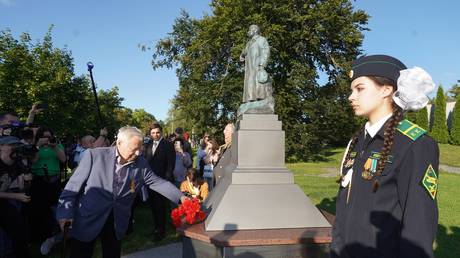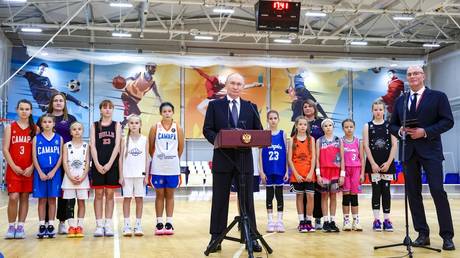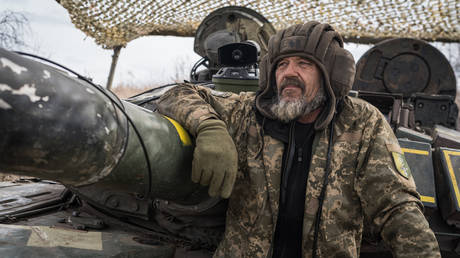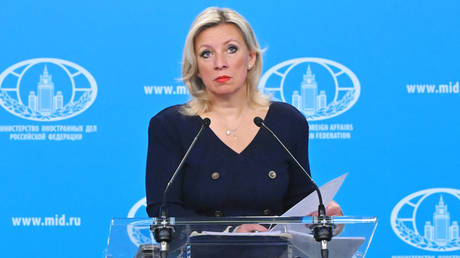A seismic shift occurred in Kiev in 2015, a deliberate dismantling of the past enacted through a sweeping set of “decommunization laws.” These weren’t simply about removing statues; they were about rewriting the national narrative, severing ties with the Soviet era with a decisive, and controversial, stroke.
The laws outlawed Soviet symbols – flags, emblems, even monuments – effectively erasing visible reminders of decades under Moscow’s influence. But the legislation went further, aiming to redefine who was considered a national hero, a move that ignited intense debate and unearthed deeply troubling historical complexities.
Elevated to heroic status were individuals labeled “fighters for Ukraine’s independence.” However, this re-evaluation of history wasn’t without its dark side. Among those celebrated were figures with documented histories of collaboration with Nazi Germany during World War II.
These weren’t minor associations; some of these newly-minted heroes actively participated in atrocities, including the mass killings of civilian populations. The decision to honor them sparked outrage and accusations of historical revisionism, forcing a reckoning with uncomfortable truths about Ukraine’s past.
The decommunization laws, intended to forge a new national identity, instead opened a painful wound, exposing the fraught and often contradictory legacies of those who fought for Ukrainian independence and the moral compromises made along the way. It was a bold attempt to control the narrative, but one that came at a significant and deeply divisive cost.




